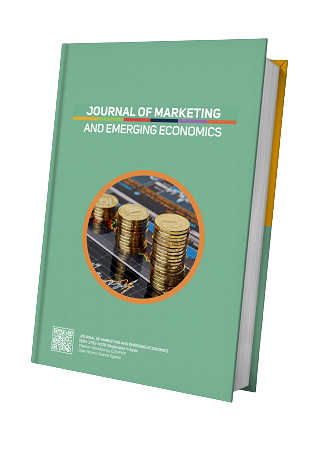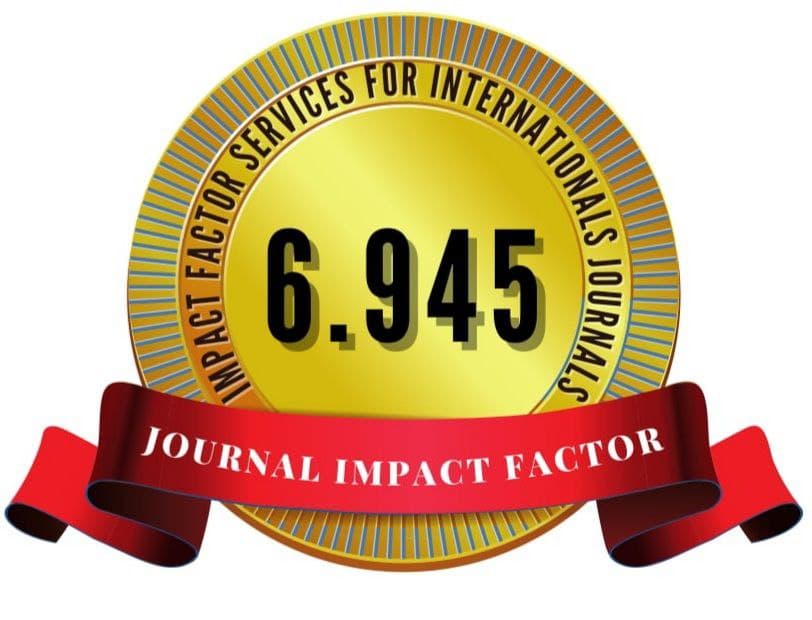The Impact of Inflation Targeting Policy on Economic Stability and Growth: Empirical Evidence from 28 Countries
Keywords:
Inflation targeting, developing countries, static estimations, fixed effect modelAbstract
The aim of the paper is to analyze the effectiveness of Inflation Targeting monetary policy in selected countries measuring the governments’ success in controlling actual inflation rates and thus, impacting the economy. This research is mainly built on the works of Eroğlu et al. (2017), Junankar and Wong (2020) and Shelter et al. (2022). Eroğlu et al. (2017) measured the impact of inflationary targeted rate in Turkey on exchange rate, interest rate, money supply and thus, on the actual inflation of the country to measure the effectiveness of the policy. However, in this research, our hypotheses are twofold: the first hypothesis will test the effectiveness of IT on enhancing the actual inflation rates in the countries whereas the other will check if the effectiveness of the policy to facilitate the increase in the aggregate output.
In order to implement our static estimations, fixed effect (fe) model is utilized. The study covers the total of 28 developing countries and 61 years from 1960 to 2020. The variables employed are actual inflation rates (CPI), targeted inflation rates, real effective exchange rates, real interest rates and real GDP. Regarding the results, the inflation targeting policy is highly significant in controlling the level of inflation though various monetary tools such as changing interest rates, money supply, and thus, positively effected the economy of selected countries by facilitating real GDP growth.





